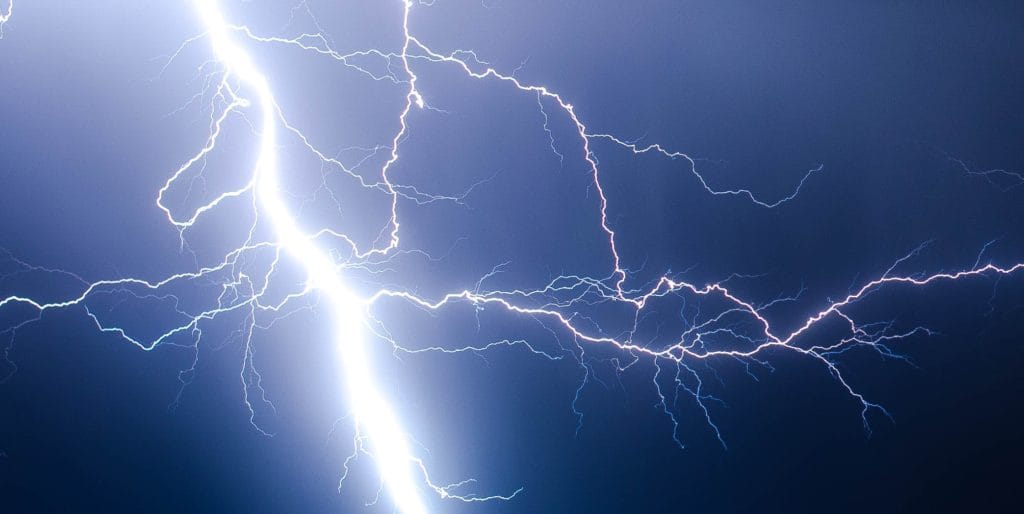Adenosine triphosphate (ATP)
Energy
Adenosine triphosphate, abbreviated ATP, is a molecule that provides energy and is the main energy store of cells. It consists of the bond between adenosine and three phosphate groups. Every single cell in the body gets its energy from ATP; if there is no ATP, the cell dies. Without ATP, no bodily function would be possible; muscles in particular need ATP for propulsion. But also otherwise; from metabolism to cell renewal to digestion and concentration, none of this would be possible without ATP. Physical and mental performance is therefore dependent on ATP.

An eternal cycle
In the so-called mitochondria, the tiny power stations of the cells, glucose, oxygen and water are broken down into water and carbon dioxide during cellular respiration. Various coenzymes are involved in this process. Energy is produced in the form of adenosine triphosphate, which is split by enzymes in the mitochondria into an adenosine diphosphate (ADP) and a free phosphate. The energy released in the process is given off in the form of heat and used primarily for muscle function. However, ADP must then be converted back into ATP; a perpetual cycle.